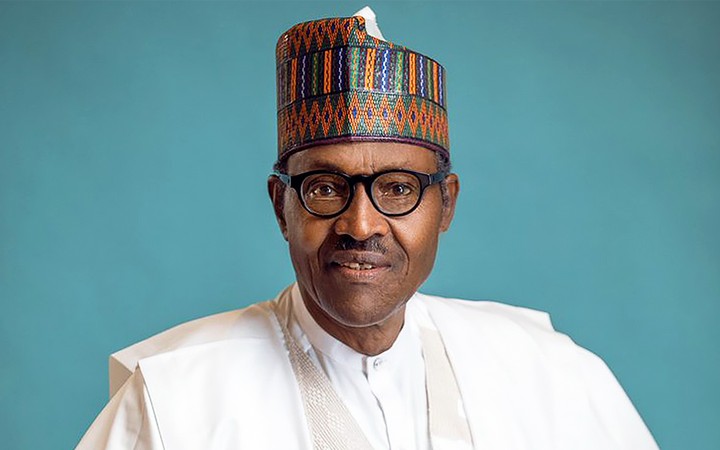President Muhammadu Buhari has urged leaders under the auspices of the Economic Community of West African States (ECOWAS) to explore agriculture and technology to reclaim the region’s dwindling economy as a result of the deadly coronavirus pandemic.

Mr Buhari made the appeal during an Extraordinary ECOWAS Summit on COVID-19 held through teleconferencing on Thursday.
Of the over 2.5 million coronavirus cases worldwide, about 25,000 cases and 1,240 deaths have been recorded in 52 African countries as of Thursday afternoon.
Only Lesotho and Comoros are free from the pandemic.
With the drastic fall in oil price and lockdown directives issued by ECOWAS leaders to curtail the spread of the disease, the sub-region’s economy is under siege.
Charge
Mr Buhari at the meeting, however, tasked his colleagues from the region to look into the possible benefits that could be derived from the dire situation.
“In every challenging situation such as the current one, there are also opportunities.
Our region must therefore seek to find those opportunities provided by this gloomy global outlook for its benefit by embarking on the implementation of such critical policies, which before now, will be difficult to accept,” a portion of his speech as shared by president’s spokesperson, Femi Adesina, read.
Among the measures taken by Mr Buhari’s to combat the biting impacts of COVID-19 on Nigerians, is the controversial ‘conditional cash transfers’ of N20,000 each for poor and vulnerable households as well as the distribution of food and medical supplies.
“The reduction of interest rates on all applicable Central Bank of Nigeria (CBN) interventions from 9 to 5 per cent and introduction of a one- year moratorium on CBN intervention facilities,” he added.
Also in his address to the sub-regional leaders, led by the Republic of Niger president, Mahamadou Issoufou, Mr Buhari noted the dwindling status of the region’s finances as well as the continuous need to “spend massively on the containment of the virus, medical care for those infected and minimising impact of the crisis on the poor and vulnerable.”
“It is imperative that while addressing short term challenges, we should also explore opportunities to promote strong and dynamic agricultural policies that will guarantee food security for our people, creating jobs and reducing poverty in the region.
“We must innovate and use technology to boost the digital economy and do things differently, but better,” part of the statement read.
Source:- Premium Times
When we school be open that is what i what to no!